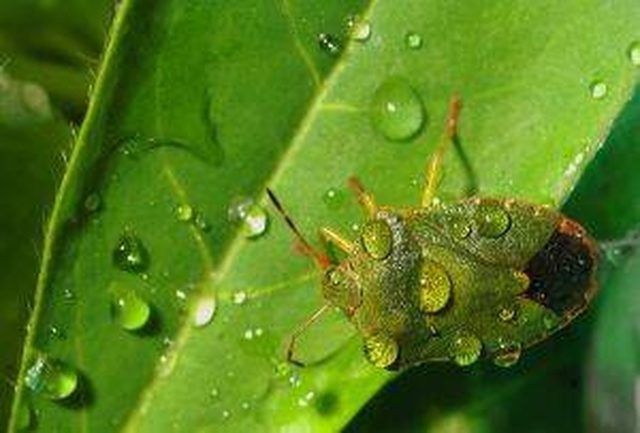Bulbs
Flower Basics
Flower Beds & Specialty Gardens
Flower Garden
Garden Furniture
Garden Gnomes
Garden Seeds
Garden Sheds
Garden Statues
Garden Tools & Supplies
Gardening Basics
Green & Organic
Groundcovers & Vines
Growing Annuals
Growing Basil
Growing Beans
Growing Berries
Growing Blueberries
Growing Cactus
Growing Corn
Growing Cotton
Growing Edibles
Growing Flowers
Growing Garlic
Growing Grapes
Growing Grass
Growing Herbs
Growing Jasmine
Growing Mint
Growing Mushrooms
Orchids
Growing Peanuts
Growing Perennials
Growing Plants
Growing Rosemary
Growing Roses
Growing Strawberries
Growing Sunflowers
Growing Thyme
Growing Tomatoes
Growing Tulips
Growing Vegetables
Herb Basics
Herb Garden
Indoor Growing
Landscaping Basics
Landscaping Patios
Landscaping Plants
Landscaping Shrubs
Landscaping Trees
Landscaping Walks & Pathways
Lawn Basics
Lawn Maintenance
Lawn Mowers
Lawn Ornaments
Lawn Planting
Lawn Tools
Outdoor Growing
Overall Landscape Planning
Pests, Weeds & Problems
Plant Basics
Rock Garden
Rose Garden
Shrubs
Soil
Specialty Gardens
Trees
Vegetable Garden
Yard Maintenance
Natural Way to Keep Bugs From Vegetable Plants
Natural Way to Keep Bugs From Vegetable Plants. One of the main reasons many people grow their own vegetables is to be sure they are getting organic produce, free from possibly harmful chemicals. Finding natural ways to control pests is one of the biggest challenges home gardeners face when an infestation of plant-eating insects threatens their...

One of the main reasons many people grow their own vegetables is to be sure they are getting organic produce, free from possibly harmful chemicals. Finding natural ways to control pests is one of the biggest challenges home gardeners face when an infestation of plant-eating insects threatens their vegetable plot. But garden pests are no reason to give up on organic gardening. You can take many natural measures to promote pest control.
Balance
Chemical pesticides affect the balance in nature because they kill not only pests but also beneficial insects. Killing beneficial insects gives pests a predator-free zone and thus makes the pest problem worse in the long run. According to natural gardening columnist Don Trotter, you can buy live eggs or larvae for beneficial insects, such as ladybugs, lacewings and praying mantises, at some garden centers and on the Internet. You can spread them through the garden, and once grown, these insects will keep the pest population under control.
Companion Planting
Just as some plants attract pests, other plants naturally repel them. Herbs and flowers such as mints, pot marigold, chives, lavender, sage and rosemary can help repel destructive insects. Placing pest-repelling plants strategically throughout the vegetable plot can help to ward off insects that would otherwise ravage certain plants. For a list of recommended plant companions, see the resources below.
Hose
Finding a few pests on your plants occasionally is not a big concern, but don't let the problem get out of control. When you find destructive pests, or their eggs or larvae, on plants, one of the fastest and easiest way to get rid of most of them is to give the plants a blast with a garden hose, especially on the undersides of the leaves. This will wash most of the offenders away before they have a chance to multiply or do much damage, without hurting the plants.
Picking
In a small garden, you can easily control many larger pests such as caterpillars by hand. The pests can be picked off the plants and disposed of in a container, then destroyed and put into the trash. While this might be a difficult task on a large farm, most home gardeners can keep a container with them and hand-pick when they go out to weed or do other plant-care tasks. This also gives you the opportunity to routinely examine each plant and determine whether pests are under control or whether you need to take additional measures.
Sprays
Home gardeners can make their own sprays from safe household products and herbs that will help repel garden pests. According to www.easyearth.com, spraying plants with safe concoctions such as vegetable oils, mild soaps, hot pepper sauce, baking soda or milk helps keep the pest population down, but you should use them sparingly to avoid killing off the beneficial insect population.